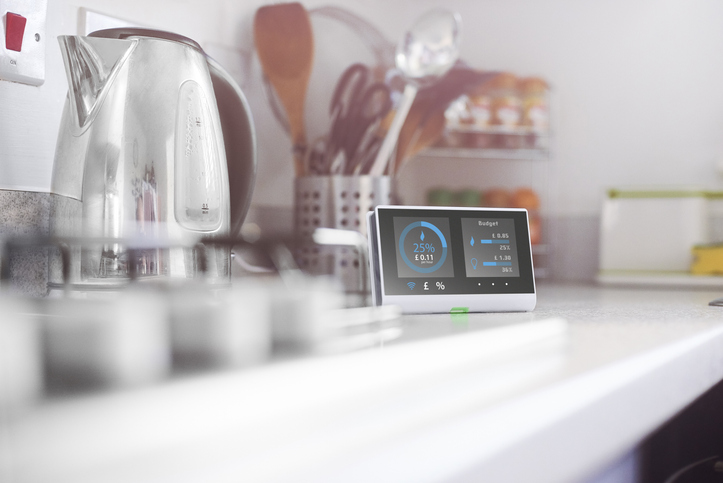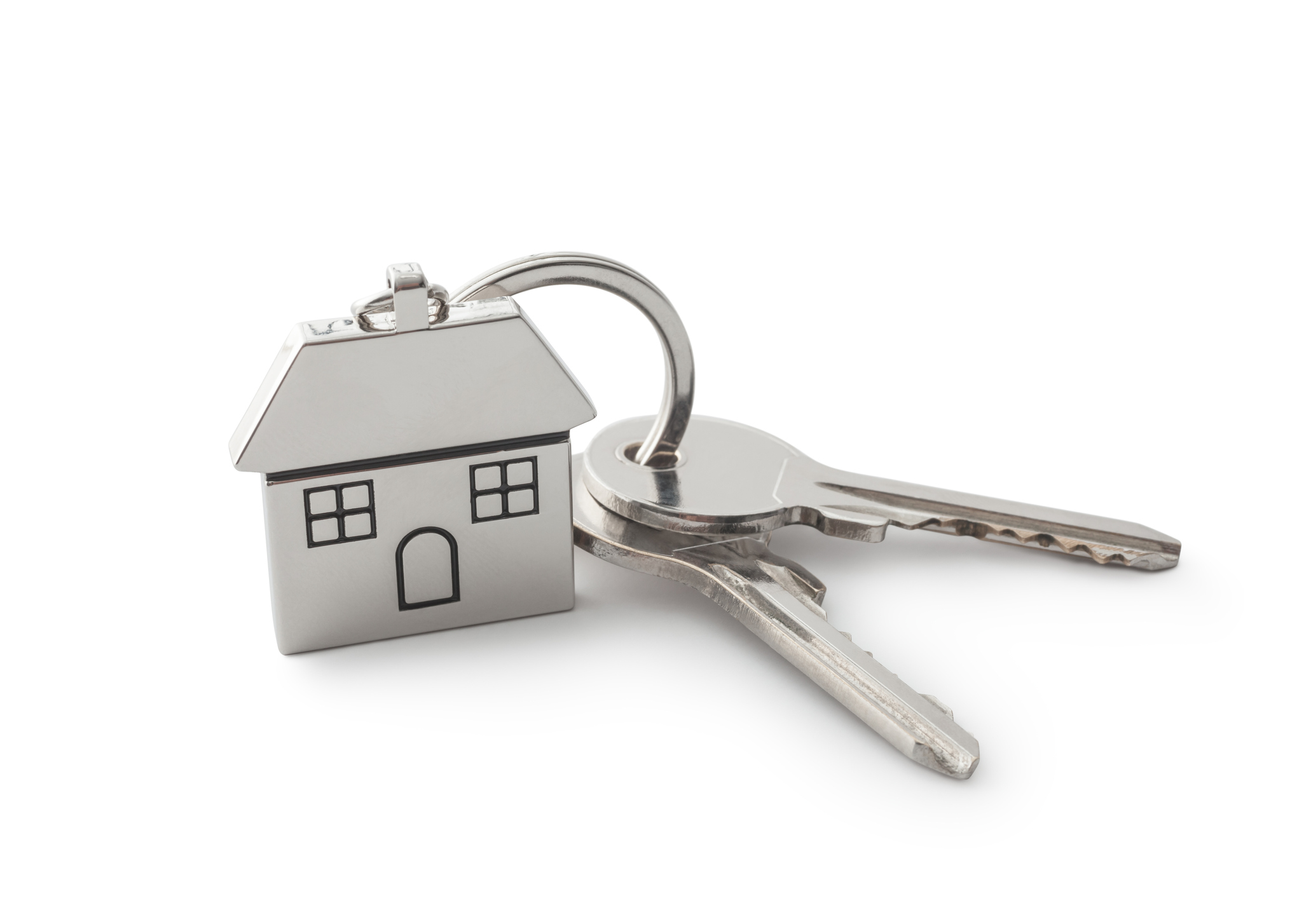
Getting to the Bottom of Your High Electricity Bill
You can budget for your grocery bill, and you know that by getting rid of a couple of those premium channels, you’ll be able to reduce your cable bill. But somehow, your monthly electricity bill remains a mystery. Here are some reasons why your bill may be high, and what you can do to reduce it and regain control:
The obvious energy hogs.
The biggest drains on electricity are obvious culprits: air conditioning units, the electric water heater, the clothes dryer and the stove. That’s because it takes a lot of energy to change temperature, whether you’re cooling off a hot room, making wet clothes dry or baking a cake. According to Energy.gov, water heating accounts for approximately 18 percent of residential energy consumption, and residents spend about $29 billion a year in the U.S. just on air conditioning alone.
So when it comes to these big-ticket appliances, think carefully about your usage. Here are some simple ways to cut back:
- Use cold water to wash your clothes. It cleans just as well and many high-efficiency washing machines and detergents are designed to work with cold water. Cut back on dryer usage by hanging clothing to dry.
- Cut back on lengthy showers by setting a timer. By shaving off just a minute per shower, you can save $15 per family member per year.
- Opt for the grill over the oven anytime weather permits.
- Cut back dramatically on AC costs by raising your thermostat by just two degrees. Switch to a smart thermostat and save even more by raising the thermostat even higher during the hours when you’re not home, then slowly cooling off the house an hour or so before you return home.
The unsuspecting energy drains.
Once you’ve got a handle on your main energy drains, start focusing on less-obvious areas that are contributing to your high electricity bill.
- Use an energy-efficient power strip for devices that consume power 24/7 when they’re in standby mode, such as your TV, anything with a clock or anything that maintains a connection to the internet, laser printers, cable DVRs and device chargers.
- Get rid of inefficient energy drains that you probably don’t need anymore, such as unused exercise equipment, that second fridge in the garage, or older televisions with Plasma or CRT displays.
- Not maintaining your systems properly can cause them to work overtime and increase your energy bills. Be sure to clean or change HVAC filters, and place window units in north-facing windows so they’re not working overtime.
Source: Sense
The obvious energy hogs.
The biggest drains on electricity are obvious culprits: air conditioning units, the electric water heater, the clothes dryer and the stove. That’s because it takes a lot of energy to change temperature, whether you’re cooling off a hot room, making wet clothes dry or baking a cake. According to Energy.gov, water heating accounts for approximately 18 percent of residential energy consumption, and residents spend about $29 billion a year in the U.S. just on air conditioning alone.
So when it comes to these big-ticket appliances, think carefully about your usage. Here are some simple ways to cut back:
- Use cold water to wash your clothes. It cleans just as well and many high-efficiency washing machines and detergents are designed to work with cold water. Cut back on dryer usage by hanging clothing to dry.
- Cut back on lengthy showers by setting a timer. By shaving off just a minute per shower, you can save $15 per family member per year.
- Opt for the grill over the oven anytime weather permits.
- Cut back dramatically on AC costs by raising your thermostat by just two degrees. Switch to a smart thermostat and save even more by raising the thermostat even higher during the hours when you’re not home, then slowly cooling off the house an hour or so before you return home.
The unsuspecting energy drains.
Once you’ve got a handle on your main energy drains, start focusing on less-obvious areas that are contributing to your high electricity bill.
- Use an energy-efficient power strip for devices that consume power 24/7 when they’re in standby mode, such as your TV, anything with a clock or anything that maintains a connection to the internet, laser printers, cable DVRs and device chargers.
- Get rid of inefficient energy drains that you probably don’t need anymore, such as unused exercise equipment, that second fridge in the garage, or older televisions with Plasma or CRT displays.
- Not maintaining your systems properly can cause them to work overtime and increase your energy bills. Be sure to clean or change HVAC filters, and place window units in north-facing windows so they’re not working overtime.
Source: Sense

